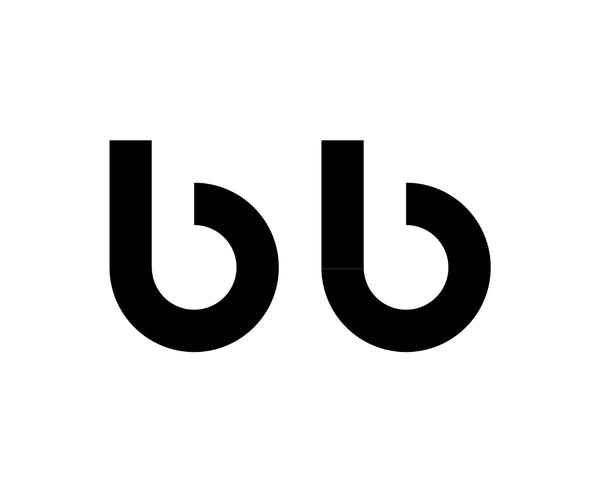Sustainability Statement
For us, the concept of sustainability means considering how our business negatively affects the planet's ecology and then making an effort to minimise our impact. However, claiming to be sustainable feels faddish and prone to greenwashing because of how difficult it is to genuinely achieve. Nevertheless, every little action can combine to make a difference, which is why we feel it's worth making an effort.

In the 1970s, scientist James Lovelock put forward the "Gaia hypothesis." In essence, this proposed that the Earth, along with all its living and non-living components, behaves like a single, self-regulating organism. Regardless of whether you subscribe to the idea of interconnectedness, it’s difficult to argue that actions don’t have consequences. For example, if a water supply is contaminated and someone drinks from it, they will get sick. This is why we believe it's important to try to keep ecosystems healthy and in balance. If the planet is healthy, people will be healthy.
As a designer, I feel there’s a lot of inspiration to be found in nature. My first abiding memory is from Malaysia, where I lived for a time as a child. Encounters with vivid green snakes and giant, luminous butterflies are etched into my mind.


Later in life, when I worked in the screen production industry, I made a conscious effort to be a part of projects that promoted the value of the natural world. While filming for National Geographic, I spent a year living in Africa's Okavango Delta. Other notable projects included two years as a cameraman promoting the conservation work of Auckland Zoo and a year creating content for Sir Peter Blake's environmental initiative, Blakexpeditions.


There were many nature-focused projects, but my time in the Okavango Delta stands out. Living in such a complex and dynamic ecosystem, largely untrammelled by humans, was a revelation.
So what do we actually do? When we design, we favour sustainable, non-toxic materials. We consider the environmental impact of freighting materials to our studio. During the manufacturing process, we consider waste, toxicity, and packaging. Finally, we consider the environmental impact of delivering our products to our customers. A good example of this process is our Woven Kaiapoi pendant. It is constructed from renewable FSC timber and recycled PET felt. The felt is locally sourced from a carbon-neutral business. Our manufacturing is carefully planned to minimise waste, and we use VOC-free, non-toxic wood oil. We avoid single-use plastics in favour of non-dyed cardboard for packaging. Ultimately, we don’t design for obsolescence; it's our intent that your luminaire will retain its value for generations.

However, as a small creative business striving to make beautiful products, we sometimes use less sustainable materials because of how they look or function, or because of availability. But we can't help but feel compelled to favour locally sourced, ethically produced materials, such as timber or bio-resins, over materials such as metal and glass, primarily because of their embodied sustainability.

Finally, we view our small studio in Wanaka as a microcosm of the challenge of sustainability. For example, 5 kW of solar power provides clean energy for our tools, our wastewater flows into an on-site treatment system, and our off-cuts are sent to a local landfill. We like being directly affected by our actions because it forces us to consider the consequences of our choices. For example, washing too much toxic waste down our sinks will contaminate our household water supply, and creating too much material waste will only add to Wanaka’s landfill challenges. These tangible consequences serve to keep us honest and remind us of the wider unseen impact of our choices.
There you have it—our sustainability statement. We are not perfect, but we are conscious of the need and value of living in balance with our planet. This is why we feel compelled to make an effort where we can.
Buzz Burrows.
